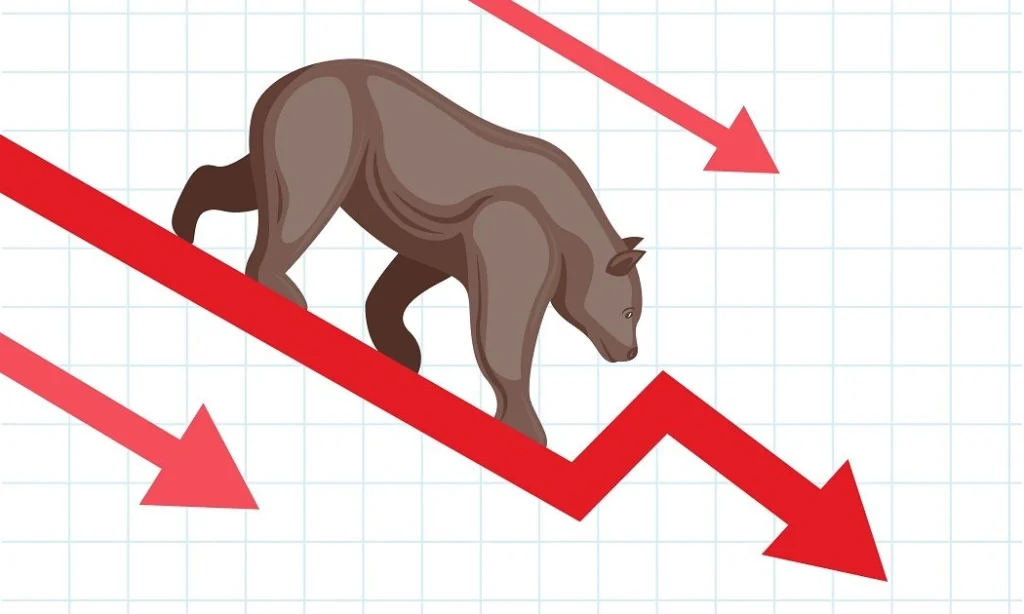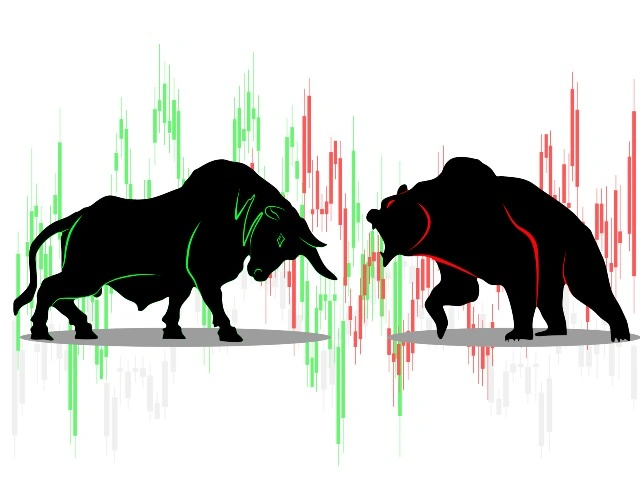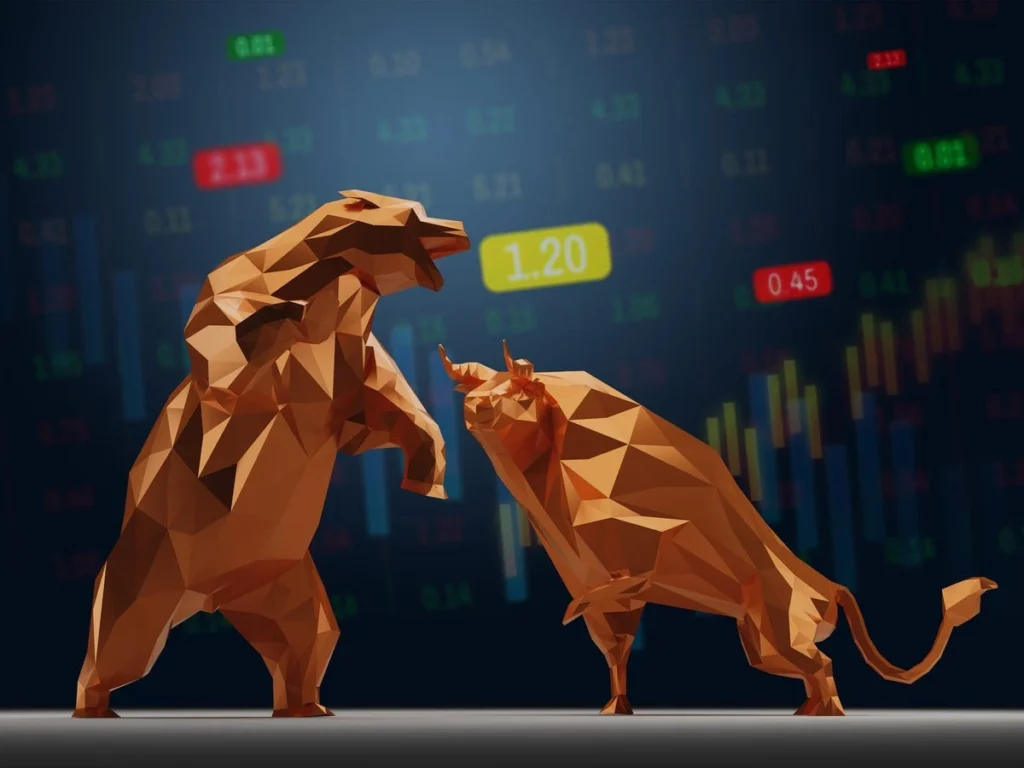Bull vs Bear Markets: A Technical Breakdown of Market Cycles and Investor Behavior
Let’s Start with the Basics—What Are These “Animals” Anyway?
Bull vs bear markets: You’ve probably heard people say things like, “We’re in a bull market!” or “Brace yourself, it’s a bear market!”—but what do those terms really mean?
At their core, bull vs bear markets are just two ways to describe how the stock market is behaving. A bull market is when prices are rising steadily, and people are feeling good about the economy. A bear market, on the other hand, is when things are headed south—prices drop, and people get nervous. But there’s way more to it than just those surface-level vibes.
Let’s walk through what really sets these market moods apart—and what you can do when you find yourself in one.
Bull vs Bear Markets: What Makes a Bull Market Tick?

A bull market is kind of like that feeling when everything’s going your way. Stocks are climbing, investors are excited, and the economy is usually firing on all cylinders. People have jobs, businesses are growing, and investors are more than willing to take some risks.
Technically, most folks define a bull market as a rise of 20% or more from a recent low in the market. But in reality, it’s also about confidence—when people believe things will keep getting better, they act in ways that push prices up even more.
A Bull Market Often Looks Like:
- Steady job growth and good economic data
- Rising company profits
- More people jumping into the stock market
- Media hyping “the next big thing”
Understanding Bear Markets: When Caution Takes Over

If a bull market feels like optimism on full blast, a bear market is when everything feels… uneasy. Prices fall by 20% or more, and suddenly everyone is talking about recessions, layoffs, and inflation. Some folks start selling off their investments just to feel safe—even if it’s not the best move long-term.
Bear markets can be triggered by real problems (like a financial crisis or war), or just fear spreading through the market. Either way, they’re tough, but they don’t last forever.
You Might Be in a Bear Market If:
- Stocks are falling fast and broadly
- Big financial news feels grim
- Companies start announcing hiring freezes or layoffs
- People stop investing and start saving more
Bull vs Bear Markets: Where the Real Differences Lie

Okay, let’s lay it out side by side—bull vs bear markets aren’t just about prices. They reflect two totally different emotional and financial environments.
| Aspect | Bull Market | Bear Market |
|---|---|---|
| Stock Prices | Climbing steadily | Falling significantly |
| Investor Mood | Hopeful, willing to take risks | Nervous, cautious, risk-averse |
| Economic Conditions | Improving or strong | Slowing down or shrinking |
| Investment Strategy | Growth-focused | Defensive or conservative |
| Common Reaction | Buy more, stay in | Sell off, move to cash or bonds |
What Pushes the Market from Bull to Bear (and Back Again)?

There’s no single switch that flips a market from bull to bear. It’s usually a mix of things—economic shifts, political events, company earnings, and yes, sometimes even social media.
For example, low interest rates and strong employment can kick off a bull market. On the flip side, rising inflation, interest rate hikes, or even a global crisis (think: COVID-19) might lead to a bear market. And sometimes, the market just overreacts—because, well, investors are human too.
Smart Moves to Make in Bull vs Bear Markets

Here’s where it gets practical—how should you actually respond when you know what kind of market we’re in?
In a Bull Market:
- Don’t get greedy. Just because stocks are up doesn’t mean they’ll stay that way forever.
- Take profits. If something’s way up, consider locking in some gains.
- Stay diversified. Don’t put all your eggs in one (shiny) basket.
In a Bear Market:
- Look for bargains. Some of the best investments come from buying during the dip.
- Avoid emotional selling. Selling out of fear can lock in losses.
- Stick to your plan. Markets recover. Having a long-term mindset helps you ride out the storm.
Why This All Matters—Even If You’re Not Actively Investing

Even if you’re not trading stocks daily, bull and bear markets still affect your life. Your retirement savings, your company’s performance, even your cost of living—they’re all influenced by market conditions.
Knowing the basics of bull vs bear markets can help you make smarter choices, like when to invest more, when to save, or when to just stay the course.
Final Thoughts: Market Moods Change, but Strategy Shouldn’t

Here’s the big takeaway: markets go up, and they go down. Always have, always will.
Trying to perfectly time the market? That’s almost impossible. But if you understand how bull vs bear markets work—and keep your emotions in check—you’ll be in a much stronger position than most.
The trick isn’t predicting every twist and turn. It’s having the confidence and clarity to stick to your plan, even when things get bumpy.
Relevent news: Here




